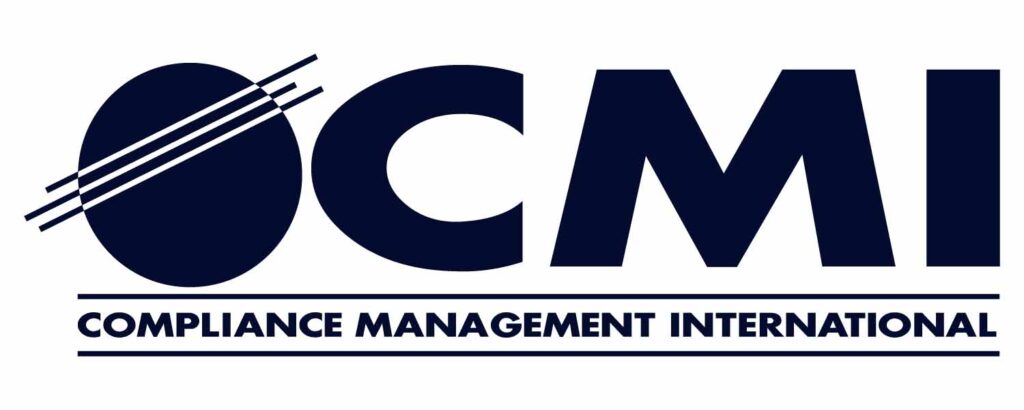Quality supervisors are the key to driving safety program success. An organization can build the most robust safety program on paper; however, if supervisors aren’t on board with the program or don’t have the skills to implement it, the end result won’t meet company expectations.
Supervisors are most familiar with the employees and the operations. Many organizations promote employees from within to supervisors as they are top-end producers. In many situations, companies don’t take time to develop and train the supervisors to be effective in their roles when it comes to workplace health and safety programs.
Consider the safety issues your organization is having. Are your supervisors aware of safety issues? Are they part of the problem or the solution? Common safety concerns many organizations struggle with include; supervision not uniformly enforcing safety rules, poor communication, not embracing safety as part of their job and a lack of personal accountability. When supervisors have poor communication skills, avoid difficult situations that involve safety hazards or infractions, and don’t empower their team to improve safety, the problems stack up. There may be large impacts on the organization, including higher injury and accident rates, loss of productivity, morale issues, increased insurance premiums, and increased turnover.
Consider how this mindset could change when you have supervisors with strong communication skills; empowered to promote safety within their team, a strong understanding of safety concepts and how to mitigate hazards, and capable of implementing and enforcing the company safety rules.
Getting on the path to a successful safety program starts by assessing your current program. Conduct an assessment of your organization and consider the following questions:
- Do your supervisors understand their responsibilities regarding safety?
- Do your supervisors understand the impacts of safety (i.e., financial, morale, cultural, etc.)?
- Have you trained your supervisors to be effective communicators on how and when to coach and counsel? Are they comfortable in these roles?
- Are your supervisors enforcing company safety rules and promoting safety initiatives?
- Have you trained your supervisors on how to conduct quality accident investigations, root cause analysis, and develop effective measures to prevent future occurrences?
- Have you trained your supervisors on how to identify hazards and mitigate them?
If you find that the answer to many of these questions is no, then you are not setting up your supervisors for success. If they aren’t making the impact that your organization expects, consider developing and training them to become your safety champions. CMI specializes in building customized supervisor safety training programs that focus on the impacts of safety on an organization, effective communication including coaching and counseling, hazard identification and mitigation strategies, and conducting effective accident investigations, determining root causes, and developing corrective actions to prevent future occurrences.
By effectively developing and training your supervisors, you are developing safety champions who will embrace your organization’s safety culture and ultimately drive down accidents and injuries. Supervisors have the ability to directly influence how employees perceive and implement safety initiatives. They serve as the messengers between upper management and front-line employees on the organization’s safety goals and initiatives. Partnering with safety management professionals who specialize in supervisor development will help improve your safety program and the safety culture within your organization.
Reach out to Michael Schneider if you have any questions regarding your facility’s safety program or if you need supervisor safety training.



